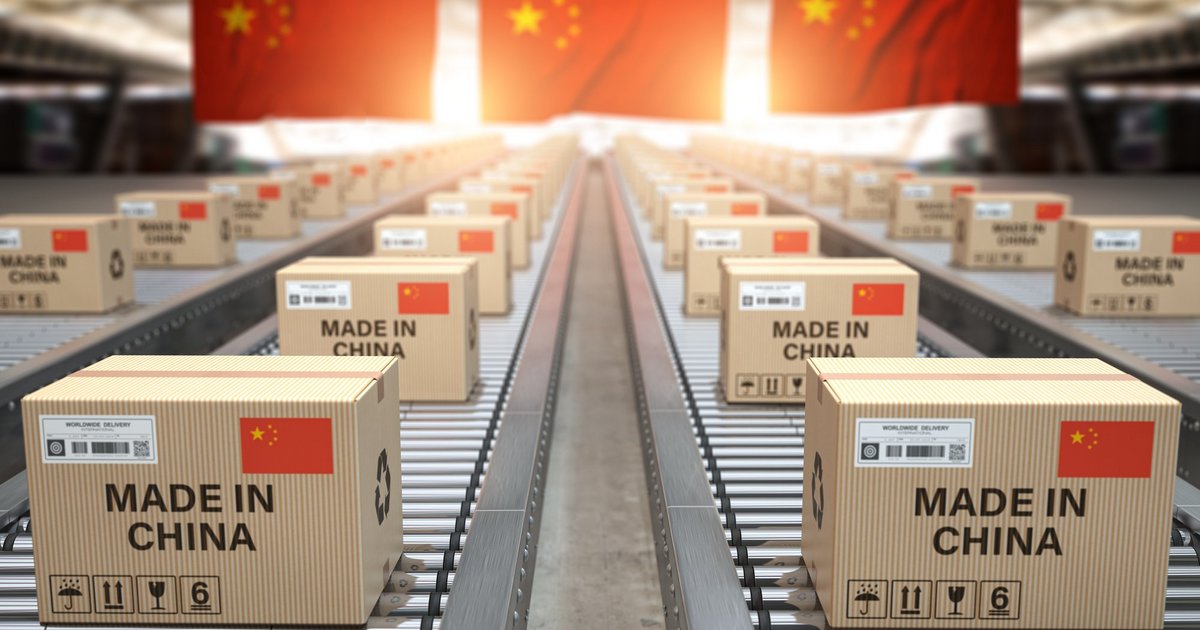- cross-posted to:
- [email protected]
- [email protected]
- cross-posted to:
- [email protected]
- [email protected]
cross-posted from: https://feddit.org/post/249116
Here is the study (pdf)
Although Chinese companies are seen as innovative, government subsidies that violate the rules of the World Trade Organization (WTO) are also thought to be behind the high competitive pressure.
German firms estimate the probability of a trade war with China due to the Taiwan conflict in the next ten years to be high at around 70 per cent.
The companies’ approval rates for tariffs on subsidized Chinese e-cars and the possible prevention of sensitive technology transfer, which threatens to transfer high technology from German companies to the Chinese military, are also remarkably high.
- Around 80 per cent of German companies consider tariffs on Chinese products, including e-cars, as justified or partially justified, according to a survey by The German Economic Institute in Cologne. The business community’s high approval rates for a tougher approach towards China are based on threats its technology could be used by China for military purposes and the “extraordinarily high and widespread subsidies in China”, which suggests that “the ability of Chinese firms to offer much lower prices is not the result of fair competition alone”, the study authors says.
- “The use of trade defense instruments has nothing to do with protectionism,” the study says, adding that “these instruments are legitimized by the World Trade Organization (WTO)”. The aim of an anti-subsidy investigation is precisely to distinguish between fair and unfair (subsidy-induced) competitive pressure.
- “Given the lack of transparency of subsidies in Chinese state capitalism, [subsidy investigation] is a certain challenge,” the researcher say. However, should the EU investigation infer subsidies that are higher than in reality, China would have the opportunity to provide evidence to the contrary.
- For now, however, “China’s subsidization is a violation of the rules and ultimately a protectionist measure”. The researchers add: “All too often, statements by high-ranking German politicians suggest that the EU and Germany are putting themselves in the wrong by using anti-subsidy measures. The opposite is the case.”
- At least half of the companies (this also applies to the various depicted subgroups) state that Chinese competitors offering comparable products undercut their prices by more than 20 per cent. Chinese companies even enter the market with prices that are more than 30 per cent lower than those of the companies surveyed. This applies to 63 per cent of companies that feel strong competitive pressure from China, but also to 37 per cent of innovative companies, i.e. firms that continuously conduct research and development.
- China’s subsidy regime has consequences for industrial employment in Germany, the researchers claim. Although Chinese companies are seen as innovative, government subsidies are also thought to be behind the high competitive pressure.
- The researchers add that in view of China’s export offensive, it is “important to show that the EU is prepared, if necessary, to use its toolbox against Chinese distortions of competition and Chinese threats”.



Nope. The location of the factories was never the point.
The point is what the effects of tariffs would be: they would help the bottom line of Western competitors and nothing else at the expense of Chinese workers and German consumers. It wouldn’t help Chinese slaves in any way.
THAT’S the point. THAT’S what matters.
Dude. You haven’t presented any evidence. You have CLAIMED that there is a car factory in Xinjiang and, rather than waste a bunch of time and energy confirming or disproving your claim, which is irrelevant to tariffs, I reiterated the important part.
I’m not making any false claims (with the possible exception of mistakenly thinking that there’s no car factories in Xinjiang) and the fact that the ones paying for the tariffs would be Germans buying more expensive cars as well as Chinese workers losing their jobs as their employers lose market share is just that: a fact. NOT an opinion.
To quote yourself to yourself, your points in your statement above are false again.